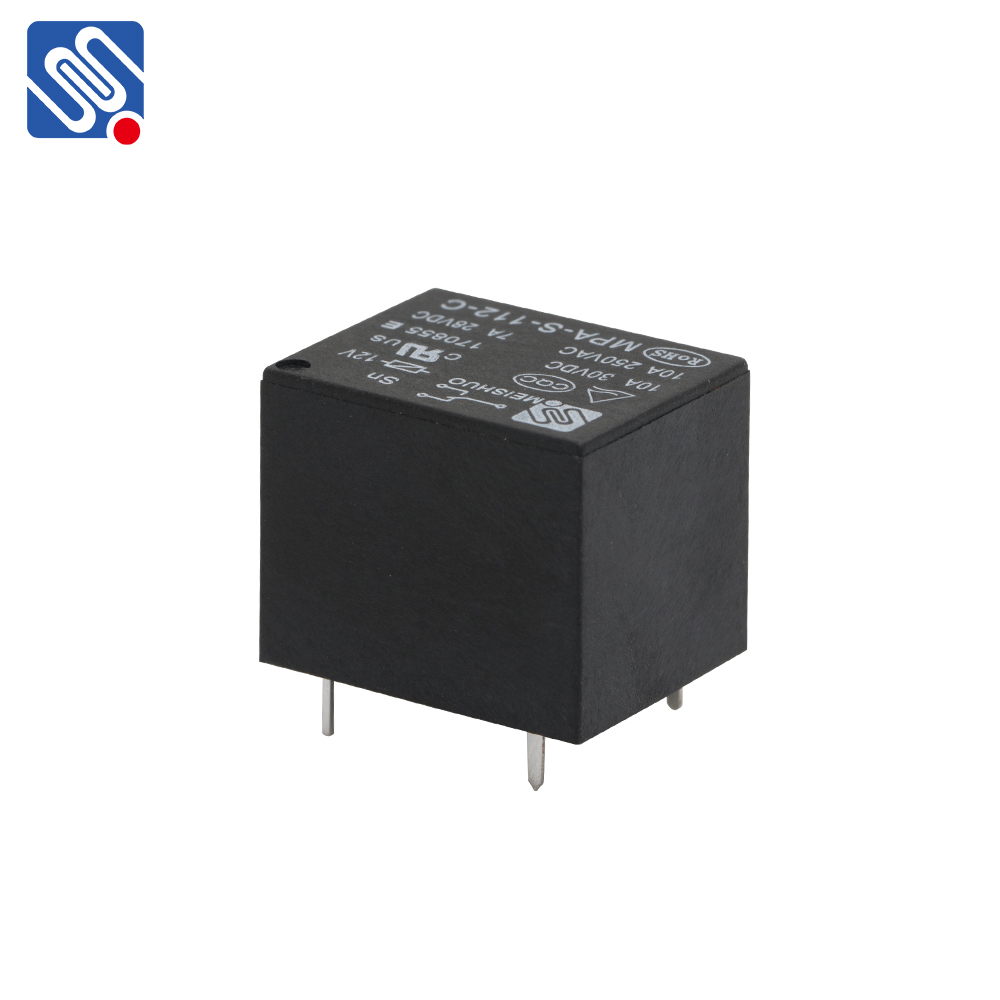the environmental impact of relay systems: a focus on meishuo technologies
Release time:2025-06-29 03:32:43
In the modern world, relays play a pivotal role in various electrical and electronic systems, serving as switches that control the flow of electricity in complex circuits. These systems are crucial for automation, communication, and even energy distribution. However, as the demand for smarter and more efficient technologies grows, it’s essential to assess the environmental impact of these relay systems, particularly focusing on companies that drive innovation in this sector, such as Meishuo Technologies.

The Role of Relays in Modern Systems
Relays are used in a wide range of applications, from automotive systems and industrial machinery to energy management and telecommunications. They serve as integral components for controlling electrical circuits by opening or closing contacts in response to electrical signals. In essence, relays make it possible for smaller control circuits to manage larger power systems. However, their production, use, and disposal have a significant environmental footprint, which requires careful consideration.
Environmental Impact of Relay Production
One of the most substantial environmental concerns associated with relays is the materials used in their production. Traditional relays often contain metals such as silver, copper, and aluminum, which are mined and processed through energy-intensive methods. The extraction of these metals can result in habitat destruction, water pollution, and high carbon emissions. Furthermore, some relays also contain harmful substances like lead, which pose environmental risks if not properly disposed of.

